Why every coach needs supervision to grow with confidence
I once had a conversation with a coach who said -
‘I've been coaching for three years, but I still feel like I'm winging it sometimes. I worry I'm not as good as I should be by now and when challenging situations come up with clients, I feel completely alone. I don’t know what I should do.’
What struck me was that she wasn't lacking skill or dedication. She was lacking something that should be fundamental to every coach's practice but can often get overlooked entirely.
Supervision.
In most helping professions, whether that’s therapy, social work or counselling, regular supervision isn't optional. It's required. But in coaching, we're often left to figure things out alone, which can leave even experienced coaches feeling uncertain about their practice.
What supervision gives you:
Perspective on your client work - someone to help you see patterns, blind spots and opportunities you might miss when you're in the thick of it
Skill development - regular reflection on your coaching helps you notice what's working, what isn't and where you want to grow
Confidence - having a space to process challenging client situations which means you can approach your work with more clarity and assurance
Professional safety - for you and your clients, supervision provides an essential layer of support and accountability
Connection - coaching can be isolating. Supervision reminds you that you're part of a broader community of practice
But I don't know what to bring to supervision…
This is something new supervisees are often concerned about. But please don’t worry, if you are coaching you will have material to explore. Maybe it's:
A client relationship that feels stuck
Noticing you avoid certain types of conversations
Feeling triggered by something a client shared
Questions about boundaries or ethics
Celebrating a breakthrough and understanding why it worked
Exploring your own patterns as a coach
Every coaching interaction teaches us something and supervision helps us see what we're learning.
I'm worried I'll look incompetent...
The coaches who seek supervision aren't the ones who need it most. They're the ones who care most about doing good work. Supervision isn't about proving you know everything. Instead, it's about committing to knowing more.
The most skilled coaches I know are in regular supervision, not because they're struggling, but because they understand that coaching is a craft that deepens over time.
What have I learnt about supervision?
When I reflect on what's made the biggest difference in building my coaching business, it wasn't a marketing strategy or business course, it was supervision. Regular supervision has absolutely been the number one thing that's helped me grow both as a coach and as a business owner.
Supervision helped me become genuinely confident in my work. When you're processing your client relationships regularly, exploring your patterns and blind spots and continuously developing your skills, you naturally become more assured in what you offer. That confidence shows up in how you talk about your work, how you hold boundaries and how you price your services.
Supervision also taught me to trust my coaching intuition. The more I reflected on what was working and why, the clearer I became about my own strengths and approach. I realised there wasn’t one way to coach and this clarity made it so much easier to communicate what I do and who I work with, not because I followed a formula, but because I genuinely understood my own practice.
Most importantly, supervision has kept me connected to why I became a coach in the first place. In a world full of pressure to scale and sell, regular reflection reminded me that great coaching comes from presence, skill and genuine care for clients. That's become the foundation of everything I do in my business.
How we approach supervision in Still Coaching:
Our monthly group supervision sessions aren't about judgment or evaluation. They're collaborative spaces where coaches support each other's development through:
Opening circles where we arrive fully present
Group supervision exploring real client work (anonymised, of course)
Peer supervision learning from each other's experiences
Closing commitments taking insights back into practice
With the supervision, we focus on developing your reflective practice i.e. the ability to step back, notice patterns and bring fresh energy to your client work.
If you're ready to stop coaching alone:
Still Coaching offers monthly group supervision as part of our community (£40/month with solidarity and supporter rates available),as well as monthly business development support.
Plus additional options if you want more intensive support:
1:1 supervision sessions (£200/hour, 10% discount for members)
Small group supervision - 6-month commitment, 2 hours monthly (£960 upfront, max 4 people)
The investment isn't just in your development as a coach, it's in the quality of support you can offer your clients. When you're more grounded, aware, and skilled, everyone benefits.
Your clients deserve a coach who takes their own development seriously.
You deserve support in becoming the practitioner you want to be.
So to end on a question - what would change in your coaching if you knew you weren't doing it alone?
P.S. If you're curious about what supervision feels like, join one of our free monthly reflective pause sessions. They offer a gentle introduction to stepping back and reflecting on your practice. Contact me for details of the next open session

